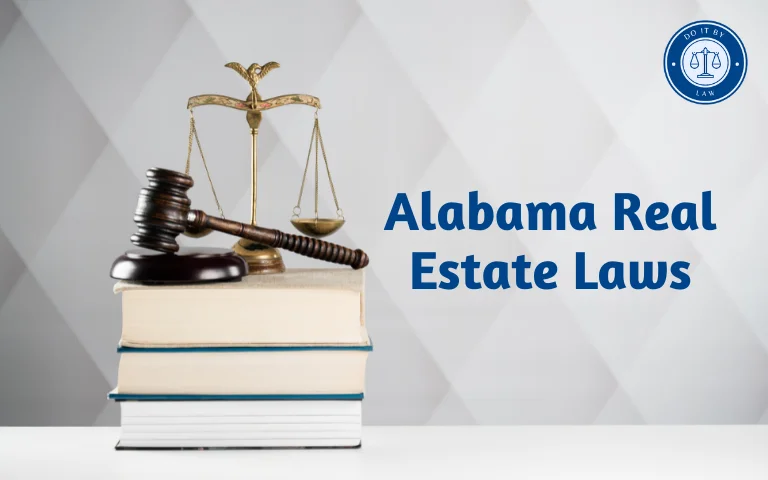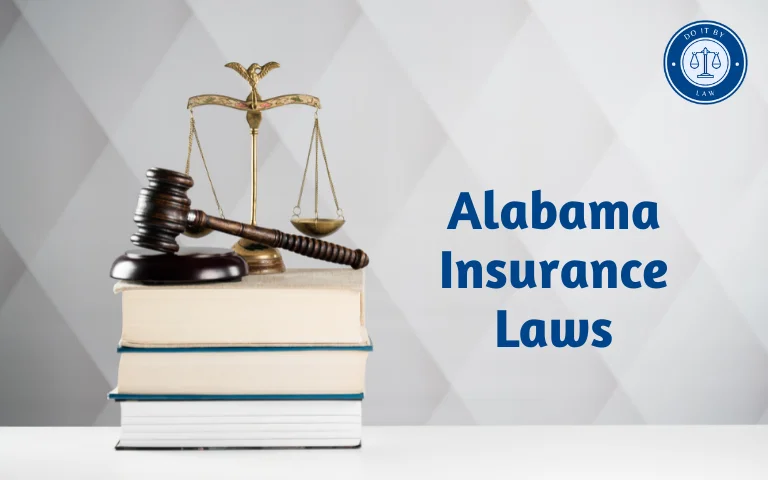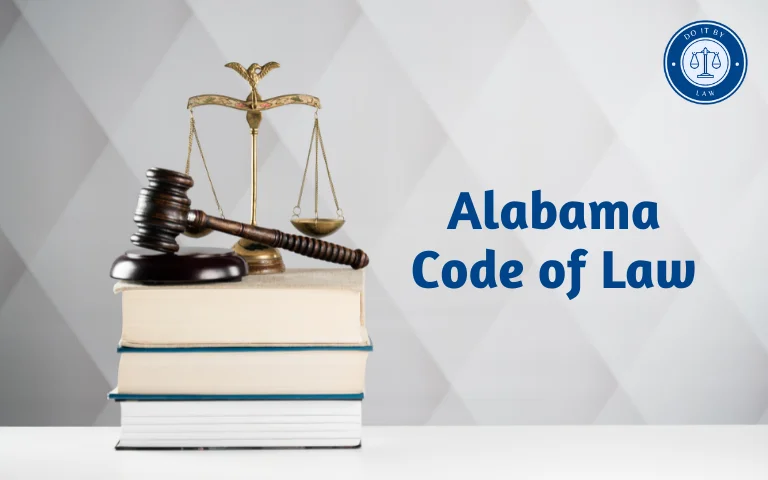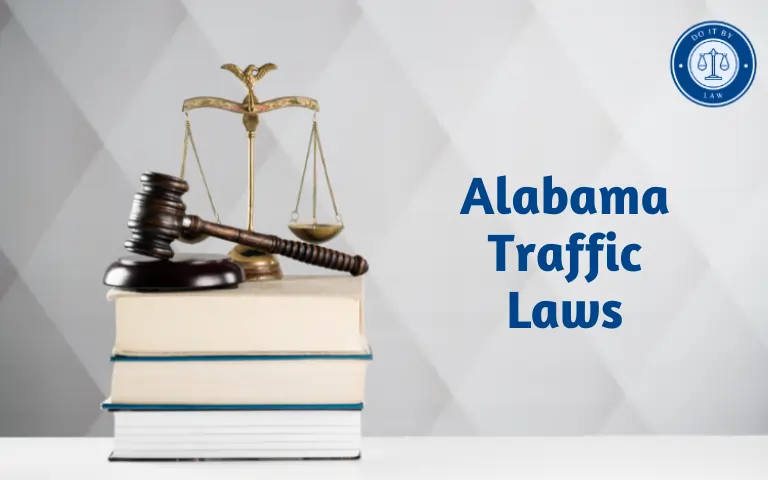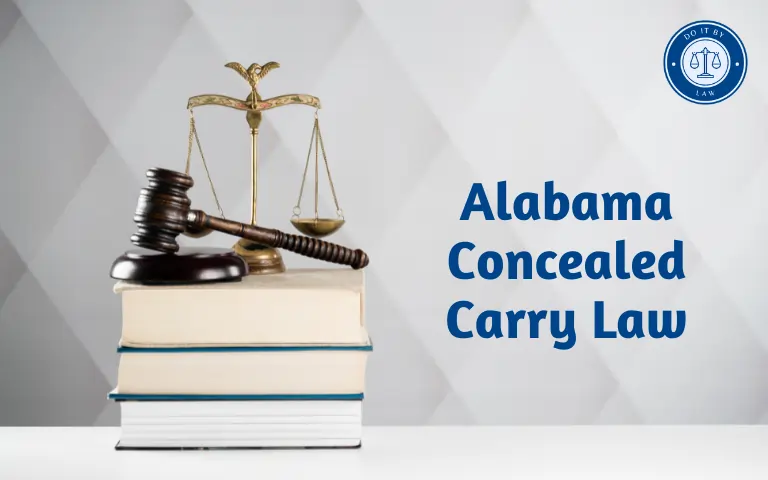Alabama Real Estate Laws: What You Need to Know
Alabama has laws and regulations governing all aspects of real estate transactions and practices in the state. Here is a comprehensive look at Alabama Real Estate Laws and key provisions real estate agents, buyers, sellers, and landlords need to know.
When Were Alabama Real Estate Laws Established?
Alabama first passed laws regulating real property transactions in the early 1900s. Key laws included establishing property ownership rules, transaction formalities, homestead rights, and recording procedures.
The Alabama Real Estate License Law enacted in 1951 provides core real estate practice regulations. It established licensing requirements administered by the Alabama Real Estate Commission.
Modern real estate laws like landlord-tenant, disclosure, and consumer protection statutes were added in the 1960s and beyond. Alabama’s real estate laws are continually updated to address emerging issues.
Who Do Alabama Real Estate Laws Apply To?
Alabama’s real estate statutes and regulations apply to:
- Real estate agents, brokers, firms and appraisers
- Home buyers and sellers
- Landlords and tenants
- Builders and developers
- Mortgage lenders
- Title companies and closing agents
Both residents and out-of-state investors must follow Alabama real estate rules for properties located in the state.
Key Alabama Real Estate Laws and Regulations
Some of the main Alabama Real Estate Laws include:
- Licensing – Requirements to provide real estate services legally in Alabama.
- Advertising – Truth in advertising laws for real estate marketing.
- Disclosures – Property condition disclosure mandates.
- Contracts – Statutory rules for real estate agreements.
- Financing – Regulations for mortgage lending and foreclosures.
- Landlord/Tenant – Obligations and rights for rentals.
- Home Warranties – Construction defect claim rules.
- Title/Closing – Deed, recording, and settlement procedures.
Alabama real estate regulations also cover property taxes, zoning, condo/HOA laws, easements, and more.
Key Alabama Real Estate License Law Provisions
Core elements of Alabama’s real estate license law include:
- Education, exam, and experience requirements to obtain a license.
- Continuing education mandates for license renewal.
- License categories like broker, associate broker, and salesperson.
- Allowable and prohibited brokerage activities.
- Trust account rules and record-keeping requirements.
- Grounds for discipline and license revocation.
- Penalties for unlicensed activity.
Active Alabama licensees must follow all regulations or risk sanctions.
Penalties for Violating Alabama Real Estate Laws
Potential consequences for violating Alabama Real Estate Laws include:
- Fines of $1,000 or more for unlicensed activity.
- Suspension or revocation of real estate license.
- Disciplinary action and remedial education for licensees.
- Civil liability for losses caused by fraud, negligence, or violations.
- Criminal charges for felony offenses like mortgage fraud.
- Eviction for tenants violating lease terms.
- Foreclosure for defaulting on a mortgage.
Ignorance of the law does not exempt real estate professionals or property owners from penalties.
Recent Changes to Alabama Real Estate Laws
Some notable recent changes in Alabama Real Estate Laws include:
- Eliminating license renewal late fees in 2020.
- Instituting statewide vacation rental regulations in 2022.
- Allowing remote online notarization for real estate documents as of 2019.
- Enacting continuing education requirements for HOA board members in 2018.
- Mandating carbon monoxide detectors in rental properties in 2017.
- Requiring sex offender disclosures for home sales as of 2015.
Alabama frequently updates statutes to promote real estate market fairness and public protection.
Ongoing Alabama Real Estate Laws Debates and Proposals
Some areas of debate concerning Alabama Real Estate Laws involve:
- Revising advertising rules banning agent rebate offers to consumers.
- Eliminating dual agency representation of both buyers and sellers in a transaction.
- Allowing mere listing agreements without requiring a designated agency.
- Further modifying landlord obligations and eviction procedures.
- Expanding property tax exemptions for seniors.
- Requiring more detailed property disclosures upon sale.
- Updating condo/HOA dispute resolution policies.
Stakeholders continue advocating real estate law reforms to address evolving needs.
Conclusion
Alabama has extensive real estate statutes and regulations governing property transactions and the licensing and conduct of real estate professionals. Laws continue to adapt to market innovations and demands. Real estate practitioners and consumers staying updated on state laws can ensure they act in compliance and take advantage of all legal rights and protections.
Frequently Asked Questions About Alabama Real Estate Laws
References:
Alabama Real Estate Commission

